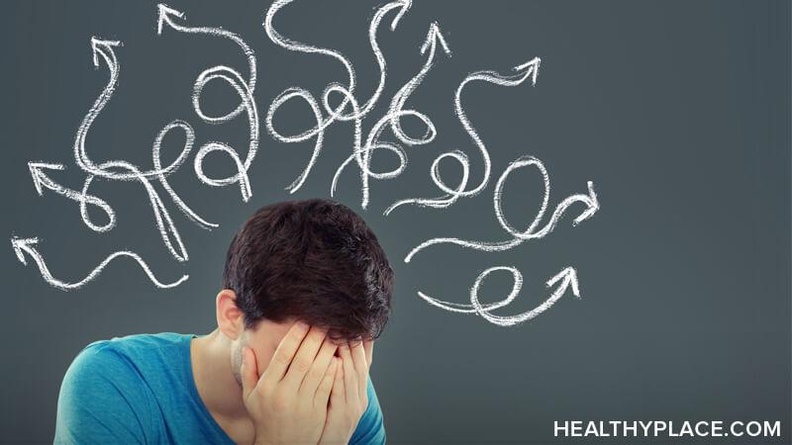


The ongoing side effects of verbal abuse can be complex and last for years. However, one exceptionally painful emotion that still resonates with me, even decades after, is guilt. It can be hard to move past it, and it may also invite its close friend, shame, to the party.
Although I can only speak for myself, I know there are others out there who can identify with feelings of guilt and shame after suffering verbal abuse. Abusers use harmful tactics to chip away at a victim’s self-esteem, making them feel low and not worthy.
Then, when a victim finally finds the courage to ask for something they want or need, they are overcome with guilt, believing they are selfish and not deserving of great things. Eventually, the shame of knowing the abusive situation is wrong, but you cannot do anything to change your situation amplifies these feelings.
These debilitating emotions are what abusers rely on as part of their method of keeping victims submissive and under control. An abuser may employ several tactics, including gaslighting, excessive criticism, and manipulation. Unfortunately, I’ve been the target of these and many more strategies to ensure I remained complacent.
It takes a lot of hard work and personal effort to learn healthy ways to stop feeling guilty. If you are ashamed of being the victim of an abusive situation, you can get help and move past this into a better life. Even after years of extensive therapy, I still battle feelings of guilt when I think something is my fault or I should have done something differently.
Sadly, these emotional demons still come up periodically. Some days, I am confident to stand my ground and battle them head-on. But, unfortunately, I lack the courage to fight them and succumb to the negative feelings on other days.
Healing is a long, ongoing journey that is a unique process. Your path will look different than mine as you progress towards a better life, and that’s okay. The important thing to remember is that as you move to a healthier life, every step you take can help you learn about yourself and develop new, positive relationships with others.

